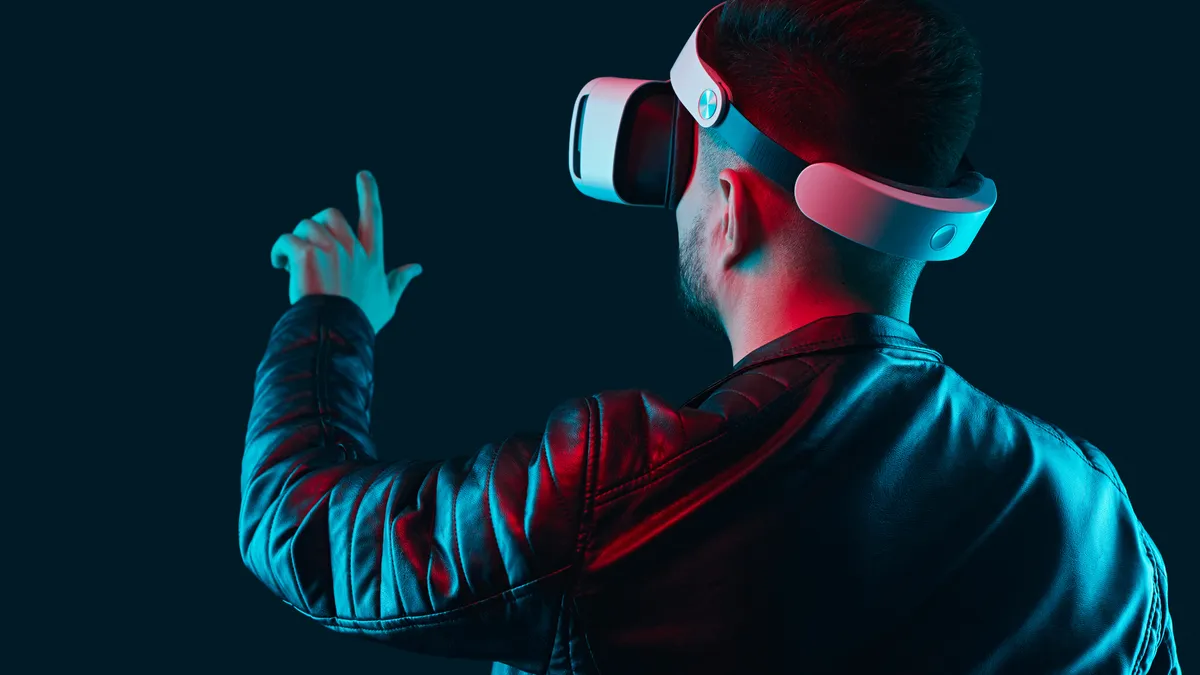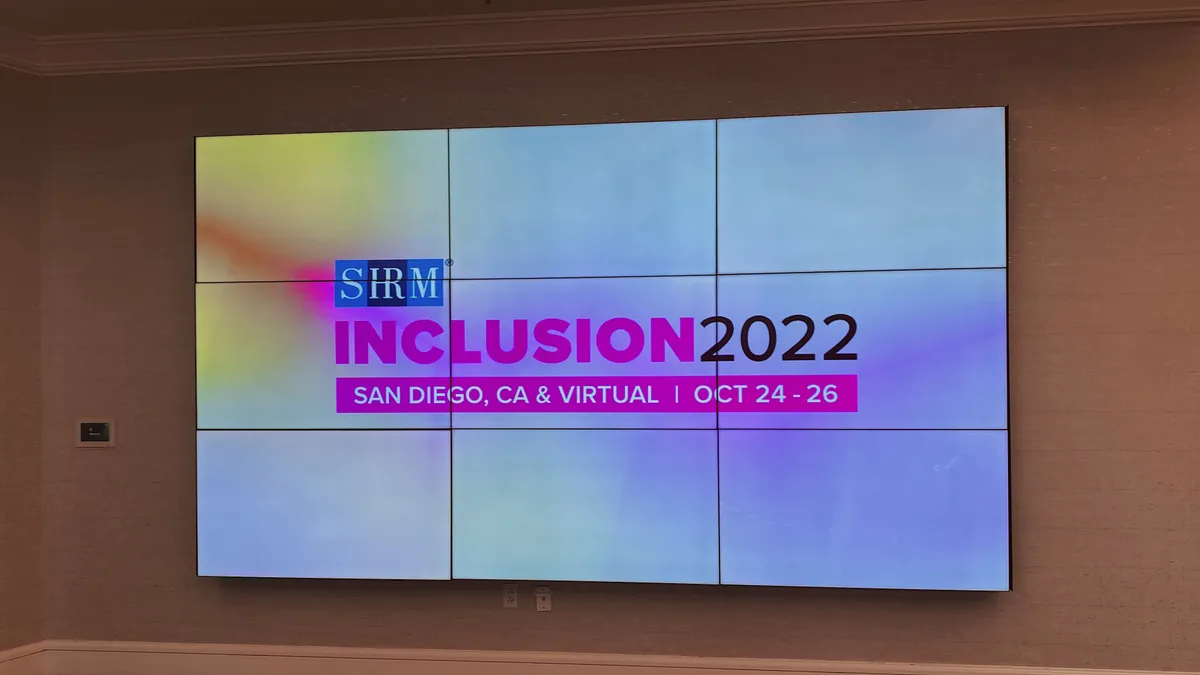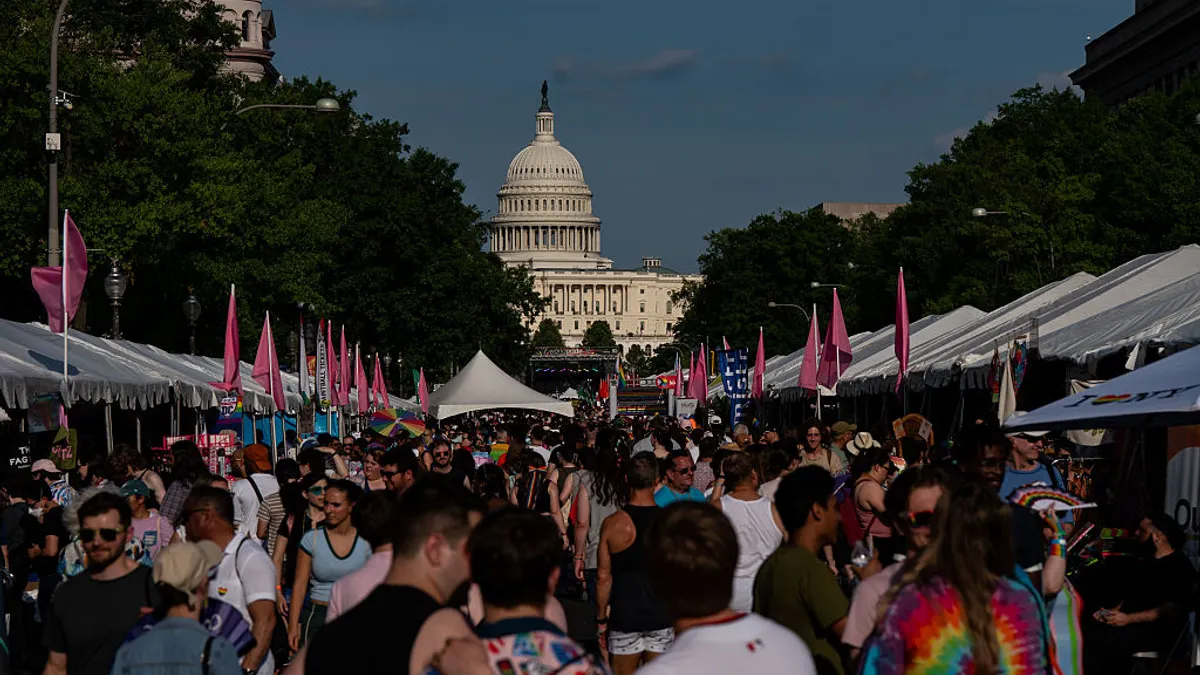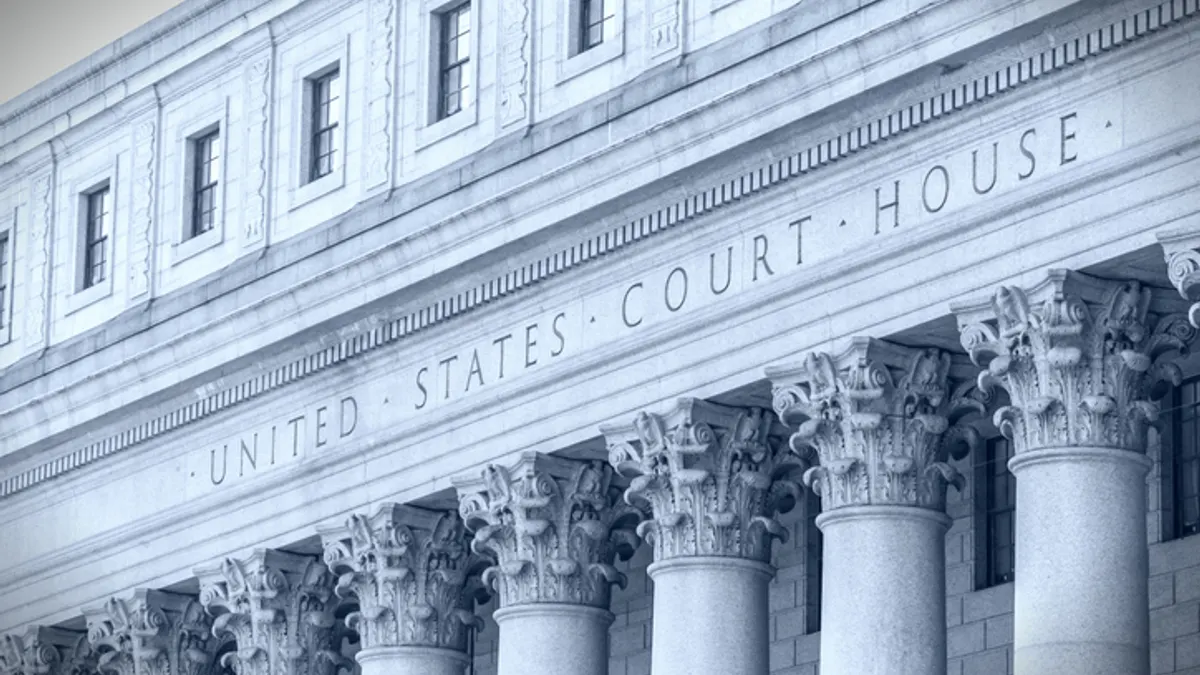Anu Puvvada is KPMG U.S. studio leader and Metaverse COE leader. Views are the author’s own.
The emergence of the metaverse calls to mind the early days of the internet in the 1990s — new and full of unimaginable potential. Although diversity, equity, and inclusion (DEI) wasn’t the focus when the internet was new, companies can make sure that isn’t the case for the metaverse.
There is a clear imperative to act now given the fast pace of technological and cultural change. From consumers to potential employees to investors, expectations are high. In fact, 59% of U.S. consumers expect significant impact from the metaverse in the next five years.
Building a metaverse that reflects the diversity of human experience is valuable for people, society and business. As such, the responsibility to design for diversity in the metaverse goes well beyond developers for three reasons.
The metaverse is a source of future revenue
Across industries, companies are already creating new product categories, business models, and branded entertainment in the metaverse. They are rewriting the rules, such as expanding beyond selling physical products in stores and online while virtualizing them to sell in the metaverse.
Companies that design for diversity in the metaverse now will be best positioned to take full advantage of its revenue-generation potential. Consumers want to do business with companies that share their values, and diversity is near the top of the list for younger demographics like Generation Z and millennials. These beliefs are likely to have even more of an influence on purchasing as younger generations continue to mature.
Having grown up on Fortnite, Roblox, and Decentraland, Gen Z is at home in the metaverse and want it to be inclusive. Gen Z respondents to our U.S. consumer survey say the most important factors for supporting diversity in the metaverse are customizing avatars, making the environment accessible for people with disabilities, and hiring diverse talent to design metaverse experiences and characters.
The metaverse is key to the future of work
The metaverse is the natural evolution of the virtual and hybrid ways of working that arose during the pandemic. It offers opportunities for onboarding, job training, and virtual workplace collaboration. Eighty-nine percent of the U.S. consumers we surveyed say that the metaverse can enhance learning opportunities, including job training.
But work experiences can’t be one-size-fits-all. They must accommodate a diverse workforce — reflecting the needs and preferences of people with a range of backgrounds, different ways of absorbing and processing information, and unique approaches to expressing their identities. The choices companies make could very well influence where top talent decides to work in the future and it is critical to prioritize diversity in the metaverse from the earliest development phases, which are underway today.
The metaverse is a future focus for investors
Investor trends are a barometer of how relevant the metaverse will be to business in the future. The KPMG metaverse investor survey reveals investors’ enthusiasm. Ninety percent of survey respondents predict the metaverse is the next phase of the internet and see a future in which it is increasingly used for work meetings, training and learning. Investments related to the metaverse currently make up 45% of venture capital and institutional investor assets, and that percentage is expected to increase over the next five years.
Despite their strong interest, investors have concerns about several metaverse issues, with 73% of those we surveyed expressing concern about how DEI issues will be addressed. When asked what the most important factors are for supporting diversity in the metaverse, investors pointed to access to affordable technologies, the ability to customize avatars to reflect a wide range of identities, and proper governance through encoded rules and social norms.
For their part, investors are directing dollars to support diversity in the metaverse. For example, Ready Player Me closed a $56 million funding round last year. The company offers interoperable avatars to give users a consistent identity in the metaverse. As part of its focus on customizable avatars, the company launched an initiative to get users’ feedback on avatar personalization features that are currently in development, such as gender-neutral body types, diverse body shapes, and age presets.
DEI values are threaded through the fabric of modern life, and companies have spent years righting wrongs and retrofitting DEI strategies across their digital properties. The financial and reputational costs have been high. Flash forward to today, and the metaverse offers an extraordinary opportunity for a DEI reset. The metaverse is the next generation of the internet, and it is being built now. Companies have the chance to incorporate accessibility and diversity principles from the start, rather than bolting them on later.
A previous version of this story was attributed to the wrong author.


















